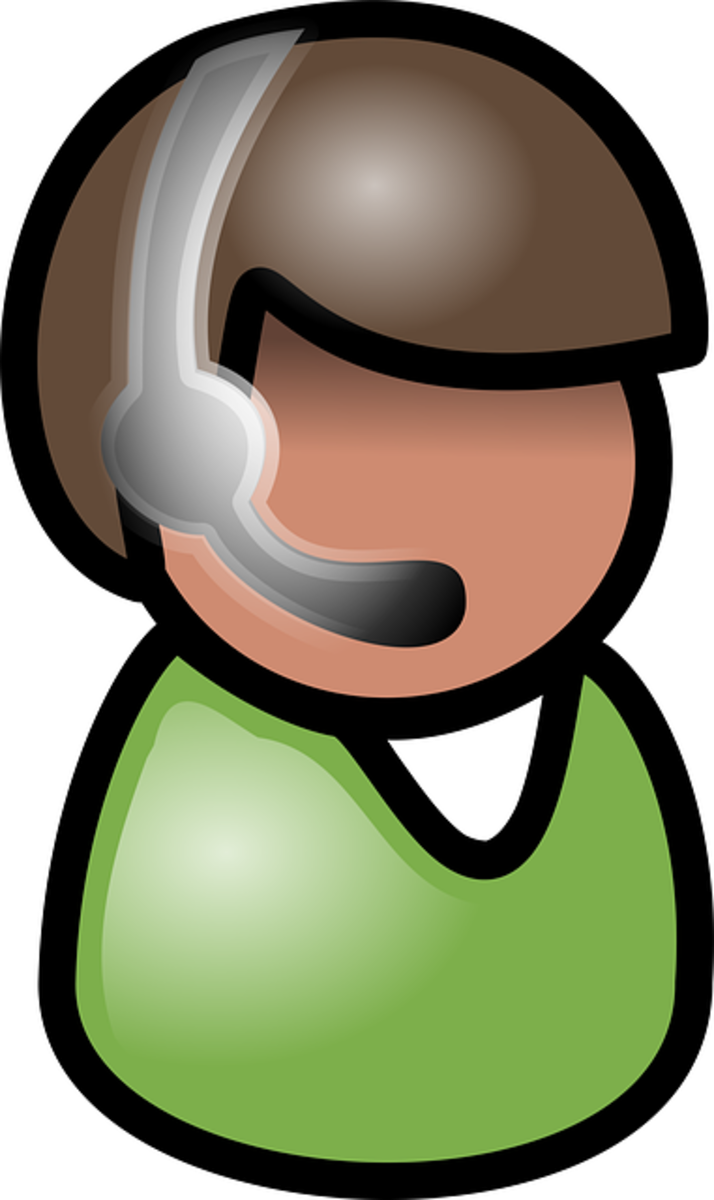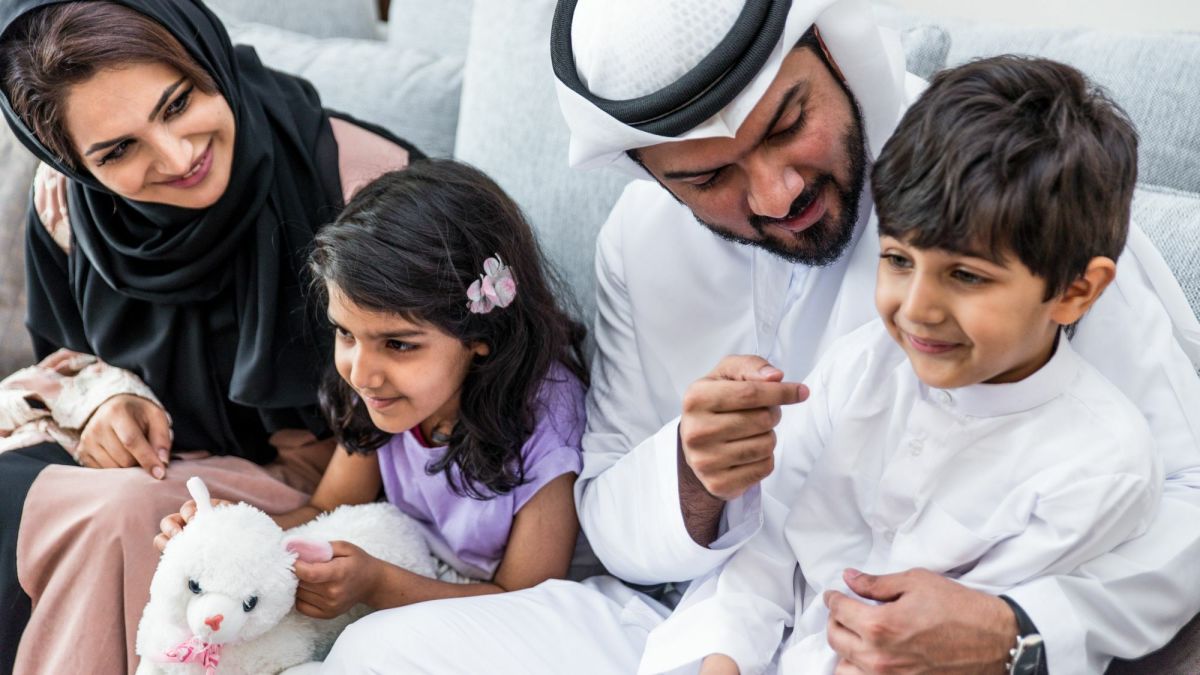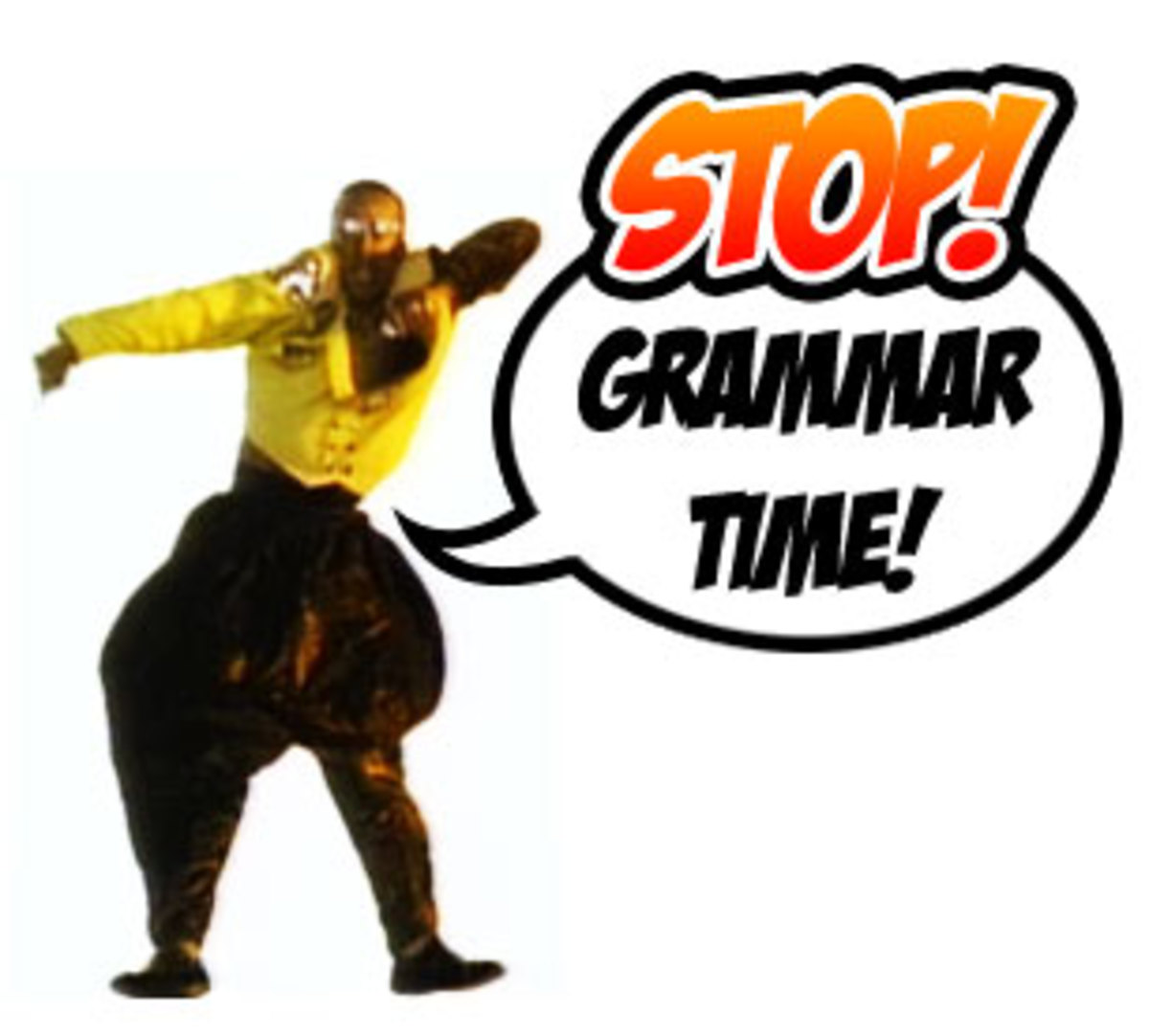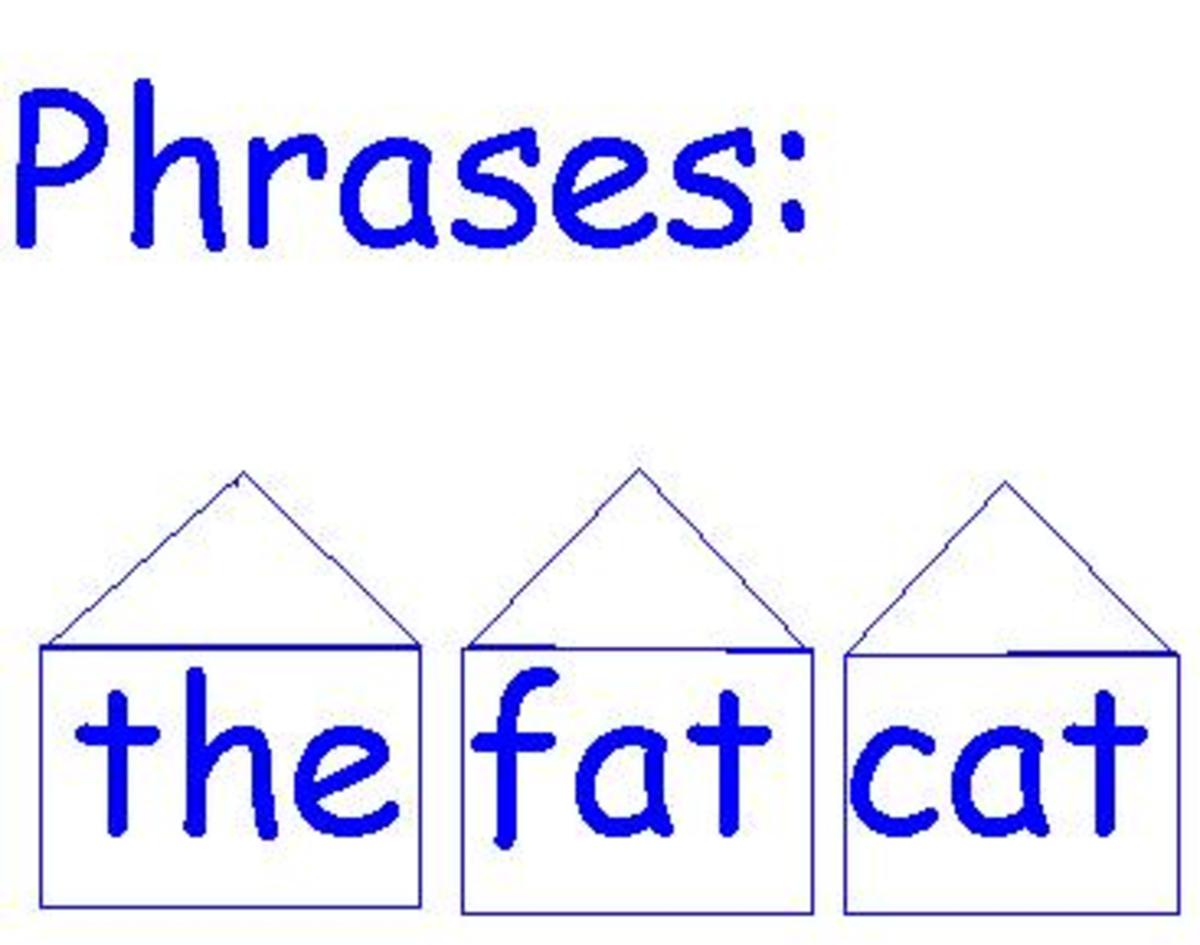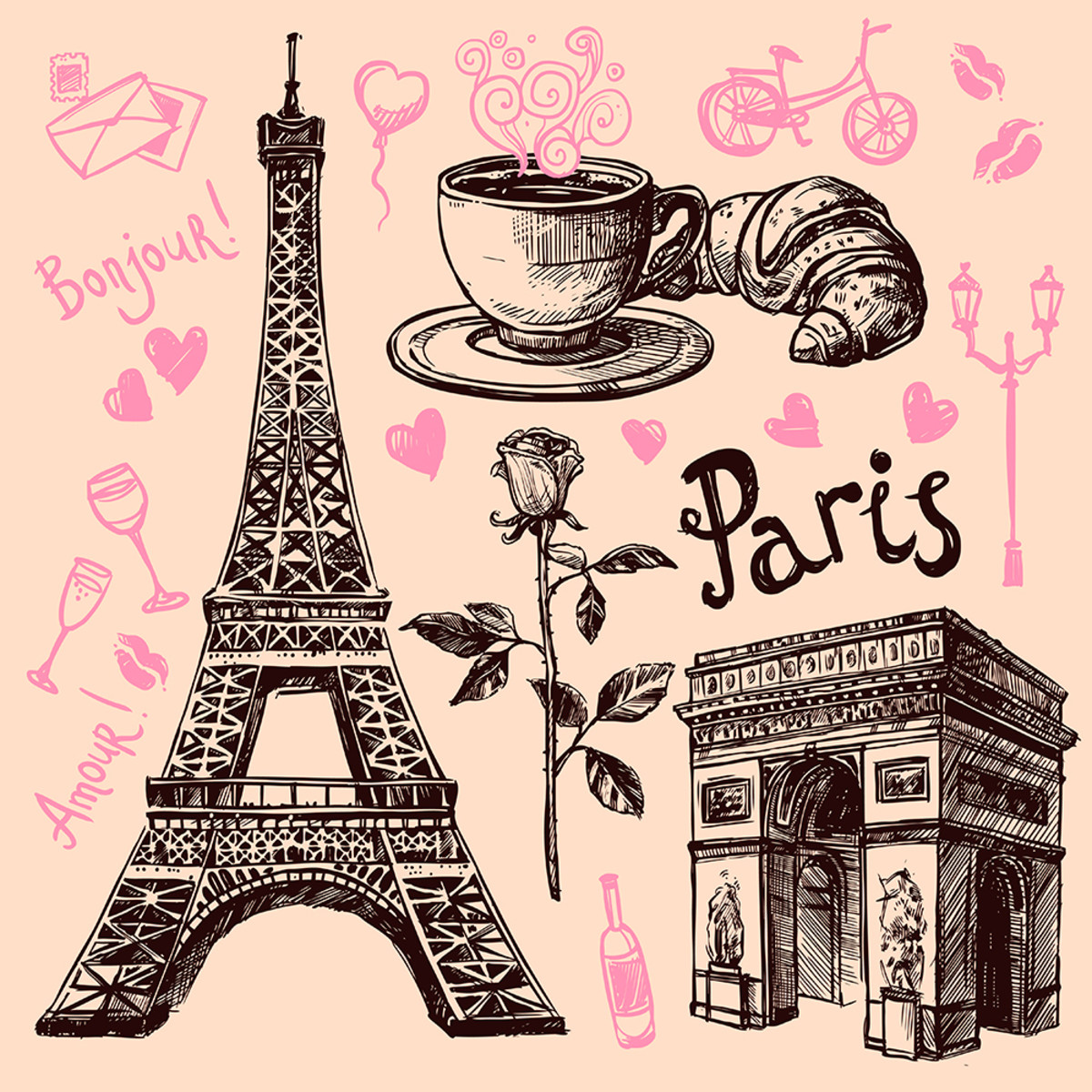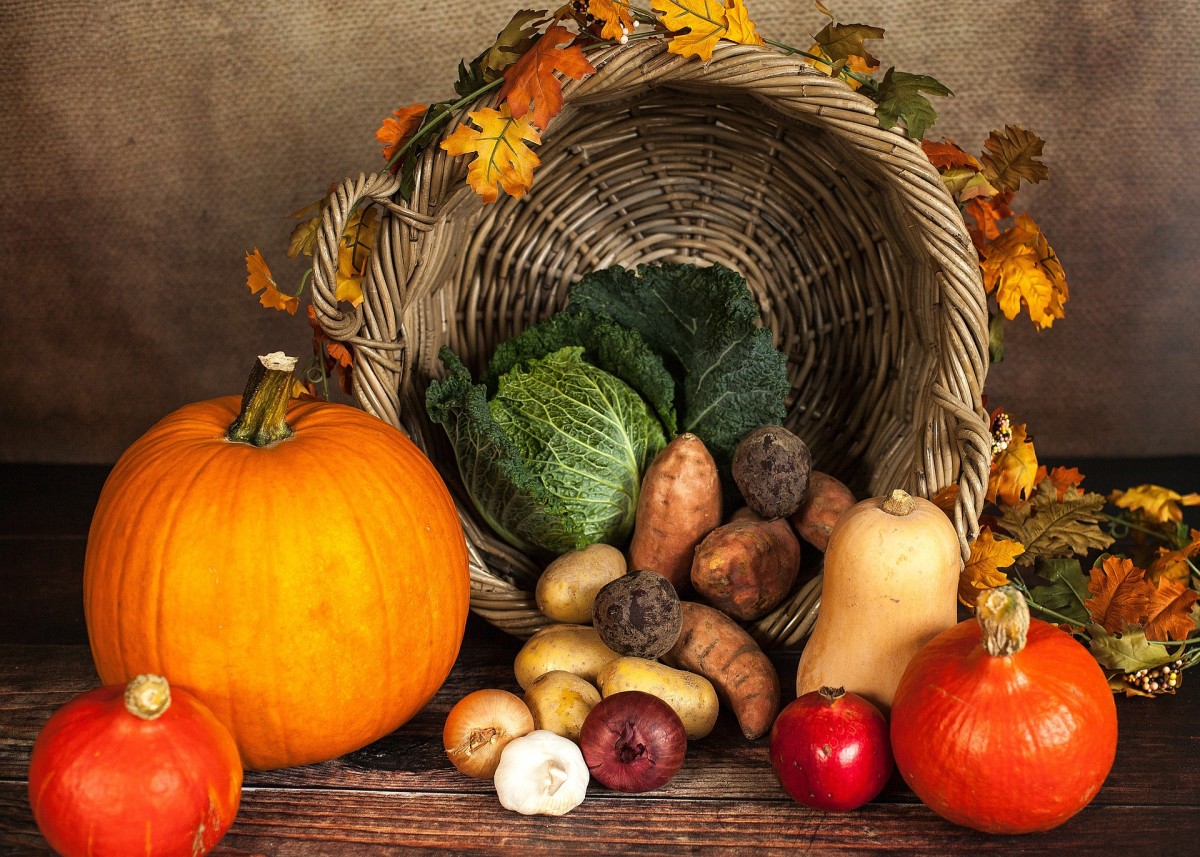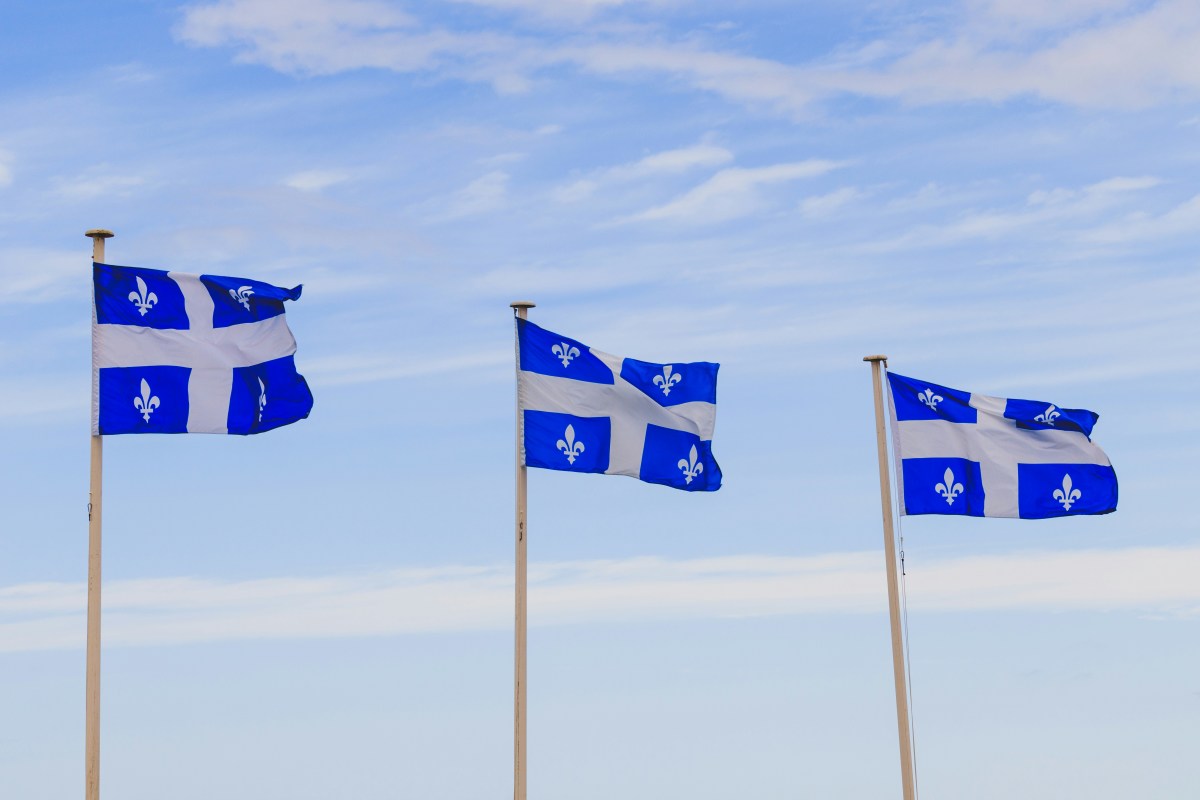Common French Phrases

You may be surprised when watching a French movie how often the actors use English. You may wonder why we don't incorporate French into our daily conversations as much as other countries do.
However, the truth is that there are several common French phrases that have worked their way into the English language. These can be found in many different books, movies and day-to-day conversations. So what do they mean?
This Hub covers some of those basic French phrases as well as a brief introduction to the most commonly needed French phrases.
French Phrases
The first French phrase I ever learned was a favorite of mine and I used it frequently, playing the part of sophisticated French-American elementary school student:
C'est La Vie: This phrase literally translates to "That is/This is Life" and is used in a nonchalant way, meaning generally the same thing as it does in English.
Hors D'oeuvres: What French Phrase is more common than this? Often used in the United States and heard often in the halls of fancy dinner parties is this French word for appetizer.
Au Revoir: Americans have a thing for using other cultures' words for goodbye. From Syanora (although Americans pronounce it wrong) to Au Revoir, Americans love to use anything but "goodbye" for their goodbyes.
À la mode: This phrase conjures up tasty images of warm pie with melting ice cream, but in French, this phrase actually means "fashionable".
Je t'aime: Ah, French, the language of love! Je t'aime is a serious, committed way to tell someone you love them, while Je t'apprécie vraiment is a more relaxed way to tell someone you care about them.

Basic French Phrases
Beyond those basic French phrases you may sprinkle through your conversation, you may hear basic introductions and conversational French.
Je m'appelle: This translates more literally to "I am called", but is the most common way to tell someone "My name is...."
Comment vous appelez vous? This phrase is used to politely ask a stranger what their name is. Vous is the formal word for you, while Tu is used in more informal situations- with a close friend, family member or someone who is younger than you.
Ça Va: One of the most often used phrases in the French language, this phrase is both a question and an answer. Used informally, this phrase is a quick way to ask how someone is doing. The response can be the same as the question, or it can be "oui" (yes) or any number of phrases that describe how a person is feeling.
Je suis....: Describing yourself is always important for conversations, so if you ever find yourself in a conversation and need to say "I am", "Je suis" is the phrase you will need. Tack a cognate like "intéressant" or "amusant(e)" to the end of "Je suis" and you have a complete, positive phrase that will reflect very well on you!
Enchantée: Similar to the English word "Enchanted", Enchantée (the second e is used if you are a female) is a short phrase used to basically say "Delighted to meet you."

